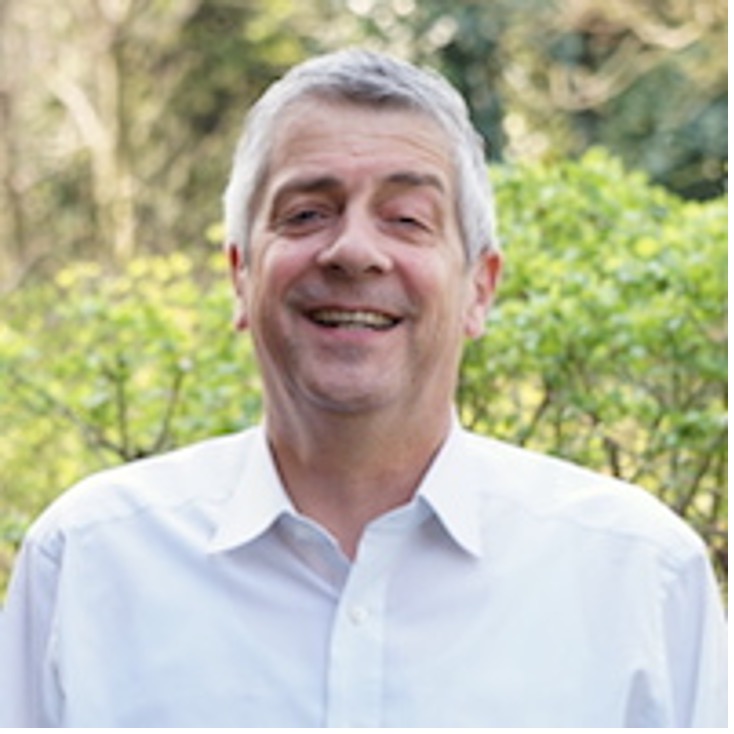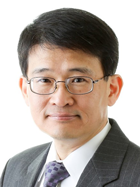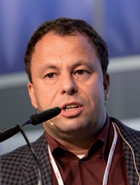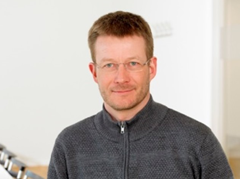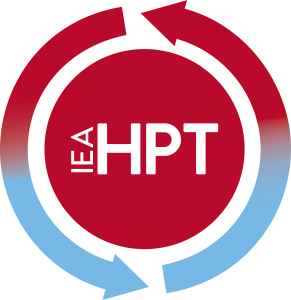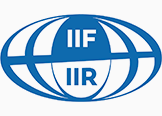Workshop
Workshop(Online Only) / Monday, April 26, 2021
The workshops are one of the key events of the IEA Heat Pump Conference. Each summarizes the Annexes performed in collaboration of IEA HPT TCP countries. The six workshops cover the latest issues on heat pumping technologies in connection with carbon neutral and green innovation. From the workshop, you can catch up the state-of-the-art trends and insight on heat pumping technologies.
1. Workshop A1 (20:00~22:00 KST, 13:00~15:00 CEST, 07:00~09:00 EDT)
| Title: | Annex 42 (HPs in smart grids) and Annex 45 (Hybrid HPs) |
|---|---|
| Theme: |
What role can hybrid HPs play in the energy transition and how can they contribute to smart grid success?
|
| Organizer: |
Business Development Holland wagener@bdho.nl Maarten Hommelberg Business Development Holland hommelberg@bdho.nl |
| Speakers: |
Peter Wagener (BDH, Netherlands) Oliver Lancaster (Wales & West Utilities, Wales, UK) |
2. Workshop A2 (22:00~24:00 KST, 15:00~17:00 CEST, 09:00~11:00 EDT)
| Title: | Heat Pumps for Low GWP Refrigerants (Annex 54) |
|---|---|
| Organizer: |
University of Maryland, United States |
| Theme: | Annex 54 aims at promoting the low GWP refrigerant application to accelerate phase down of high GWP HFCs via 1) a comprehensive review of recent R&D progress on component optimization using low-GWP refrigerants, 2) in-depth case studies of component optimization, which can provide design guidelines and real-world experiences. |
| Program: |
|
3. Workshop B1 (20:00~22:00 KST, 13:00~15:00 CEST, 07:00~09:00 EDT)
※ cancelled
4. Workshop B2 (22:00~24:00 KST, 15:00~17:00 CEST, 09:00~11:00 EDT)
| Title: | Annex 55 on HPs and Energy Storage |
|---|---|
| Theme: |
Heat pumps and energy storage in smart grids - how can we achieve better results by better integration of HP and storage components?
|
| Organizer: |
Business Development Holland wagener@bdho.nl Maarten Hommelberg Business Development Holland hommelberg@bdho.nl |
| Speakers: |
Peter Wagener (BDH, Netherlands) Caroline Haglund-Stignor (RISE, Sweden) Liu Xiaobing (Oakridge National Laboratories, USA) |
5. Workshop C1 (20:00~22:00 KST, 13:00~15:00 CEST, 07:00~09:00 EDT)
※ cancelled
6. Workshop C2 (22:00~24:00 KST, 15:00~17:00 CEST, 09:00~11:00 EDT)
| Title: | Design and Integration of Heat Pumps for nZEB (Annex 49) |
|---|---|
| Organizer: |
Professor for Building system technologies Institute partner IET –Institute of Energy Technology, OST – Eastern Switzerland Univ. of Appl. Sciences |
| Theme: | The workshop presents result of IEA HPT Annex 49 on heat pump application in nearly Zero energy buildings nZEB. Starting from the state of the art of nZEB results of heat pump monitoring in nZEB and simulation-based studies on design and control of heat pumps are presented. The workshop is concluded with developed multifunctional HP prototypes and lessons learned. |
| Program: |
nZEB definition and ambition level (Time CEST)
Case studies and optimisation of heat pumps in nZEB by monitoring/simulation
Prototype technologies and heat pump integration options
Conclusions
|
7. Workshop D1 (20:00~22:00 KST, 13:00~15:00 CEST, 07:00~09:00 EDT)
| Title: | Comfort and Climate Box Solutions for Warm and Humid Climates |
|---|---|
| Organizer: | Heat Pump Centre, Oakridge National Laboratory (ORNL) and BDH (in the Netherlands) |
| Theme: | The demand for comfort cooling is growing rapidly in many parts of the world, especially in emerging countries, and stated policies will not be able to curb electricity use for cooling, which is set to grow threefold by 2070 relative to 2019, according to IEA. There are great possibilities to increase the energy efficiency and the share of renewable electricity used for comfort cooling, by combining heat pumping technologies with energy storages and integrated control. The purpose of the workshop is to develop a proposal for a new international collaboration project (i.e. Annex) aiming at speed up deployment of such solutions, so called “Comfort and Climate Boxes” for warm and humid climates – solutions that are efficient, affordable, applicable and scalable. |
| Program: |
(Time CEST) 13:00 – Introduction to the theme and challenges – presentations
14:00 – Workshop session
14:45 – 14:55 Summary and next steps |
8. Workshop D2 (22:00~24:00 KST, 15:00~17:00 CEST, 09:00~11:00 EDT)
| Title: | Large demonstration project for flexibility by heat pumps (Annex 57) |
|---|---|
| Organizer: |
Danish Technological Institute |
| Theme: | Annex 57 aim is to focus on the implementation of heat pumps in district heating and cooling systems. The main focus areas are 1) the creation of possible flexibility in the thermal network and electrical grids. 2) the possibilities of increasing larger share of renewable energy and excess heat as well as to reduce the CO2 emissions in the heating systems by using heat pumps. |
| Program: |
|


